Well here we are again. Usually, I use this space to write something pertinent and angry about the current state of the world, but this year I don’t have to because there are so many wonderful albums doing just that. But we shouldn’t forget that music isn’t just there to reflect or comment on the rights and wrongs of the world. Music is there all the time and reflects everything.
This year’s list, judging by what I had to leave out of it, is the strongest since records began (or at least since FRUK end-of-year lists began). There are political albums, personal albums, albums about memory, landscape, the past, bereavement and the sheer joy of making music.
Many reviewers, myself included, focused on this album’s immediacy, its scary currency. It rocked up at just the right time to be labelled a ‘brexit album’ and was prescient enough to be called a ‘post-brexit album’. But in reality its reach is greater and its concerns more important than that. When the dust settles on our current mess and we have newer, bigger messes to deal with, 2020 will still be there, a brutal but loving snapshot of humanity.
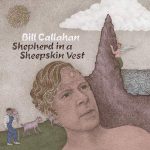
Six years is a long time in terms of Bill Callahan releases. Maybe some of us thought that he’d never be back, or that when he finally returned, his new status as a family man would have somehow nullified his potent songwriting gifts. Not a bit of it. Shepherd… is a different Callahan, sure, because these are songs shaped by new experiences, by change and – without sounding too much like a careers advisor – personal development. The songs might be shorter, but their concerns are as profound as ever.

Chaimbeul’s astonishing debut performs two very different and equally important functions: preserving a centuries-old musical form and creating something completely, bracingly contemporary. She does both of these things simultaneously, which is impressive. She does them both with the confidence of a seasoned virtuoso, which is amazing. And she is barely out of her teens, which is frankly unfair. She has been playing the Hebridean smallpipes since she was seven, and despite the years of hard work it must have taken to reach this degree of skill, these compositions, full of layered drones and traditional melodies, feel almost as if they exist in nature.
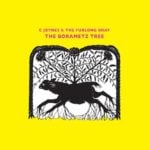
Joynes has been a mainstay on the freakier side of the folk circuit for a while now, but his latest album will perhaps go down as his defining statement. He enlisted the help of the Dead Rat Orchestra to create a hypnotic series of instrumentals that scrunch eastern melodies together with an Anglo-American folk sensibility. The result is like a back-alley hook-up between Davy Graham and A Hawk And A Hacksaw.
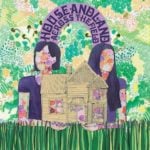
House And Land are fiddler/banjo player Sally Anne Morgan and guitarist Sarah Louise (whose solo album Nighttime Birds And Morning Stars could easily have made this list but for the want of space). Theirs is a feminist reading of traditional balladry – familiar songs become stranger and more beautiful in their hands like the musical equivalents of Angela Carter’s fairy tales.
Alex Neilson’s second release under his Alex Rex moniker sees him channel Dylan, Incredible String Band and Gene Clark in a heady mix of folk rock and weird sex, and that alone would be enough to make it a great album. But the death of Neilson’s brother Alastair forms the backdrop to much of Otterburn, and his songwriting is understandably raw and at times heartbreaking. It is also clever, funny and angry.
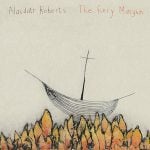
It’s not an end-of-year list without an Alasdair Roberts album (in fact, he could have been on here twice more – his collaborative effort with Green Ribbons and a live album with Tartine De Clous and Neil McDermott were both excellent). The Fiery Margin was one of his most focussed and lyrically cutting releases in a while, full of his trademark guitar style and eccentric wordplay, but somehow encapsulating a unique political period in a way that was both similar and completely different to the Richard Dawson album.
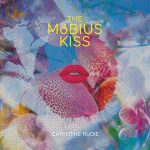
Rudie’s album is another one that tackles political themes, but those themes run alongside extremely personal ones, and both strands are set against an uncanny and dreamlike musical backdrop. At times she evokes the simplicity of form that was perfected by the likes of Sibylle Baier, at others, there is a subtly complex layering of sound that draws from modernist or minimalist compositional techniques. But Rudie’s idiosyncratic and accomplished songwriting remains at the heart of the record.
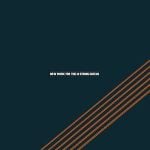
Hay is fast becoming one of the UK’s most acclaimed guitarists. His instrumentals at first seem indebted to the American primitivism of Fahey and Basho, but beyond that they take inspiration from the natural cadences of the Welsh hills – the water, the dawn light, the animals and birds, and the sheer space of a landscape.

Cherer wrote these songs more than thirty years ago, then promptly shoved them in his attic and forgot about them. It makes you wonder what else these people are hiding from us. There are echoes of Syd Barrett, Andy Partridge and Robyn Hitchcock, as well as The Durutti Column (Cherer plays a guitar that was once owned by Vini Reilly). But there is also something much more clever and modern going on here: the whole album feels like a pleasingly self-aware meditation on memory and the past.
Read Folk Radio’s Top 100 Albums of the Year 2019


 1.
1. 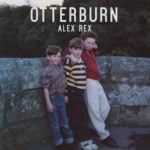 6.
6.